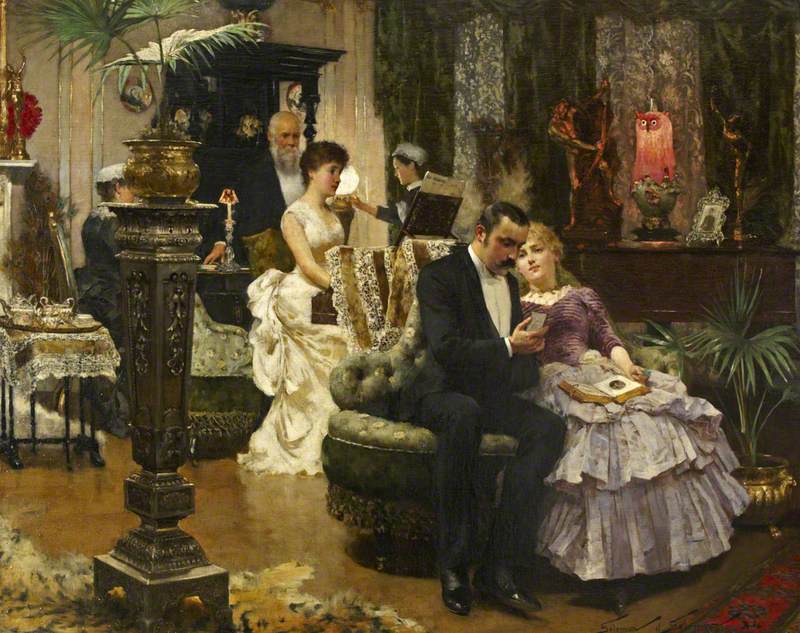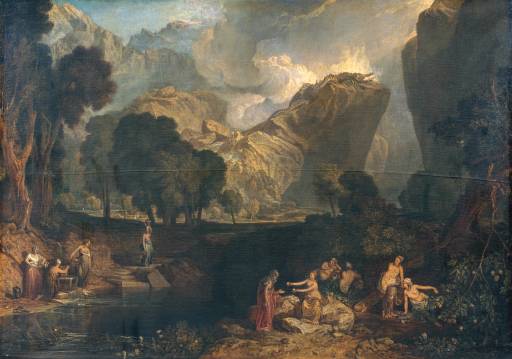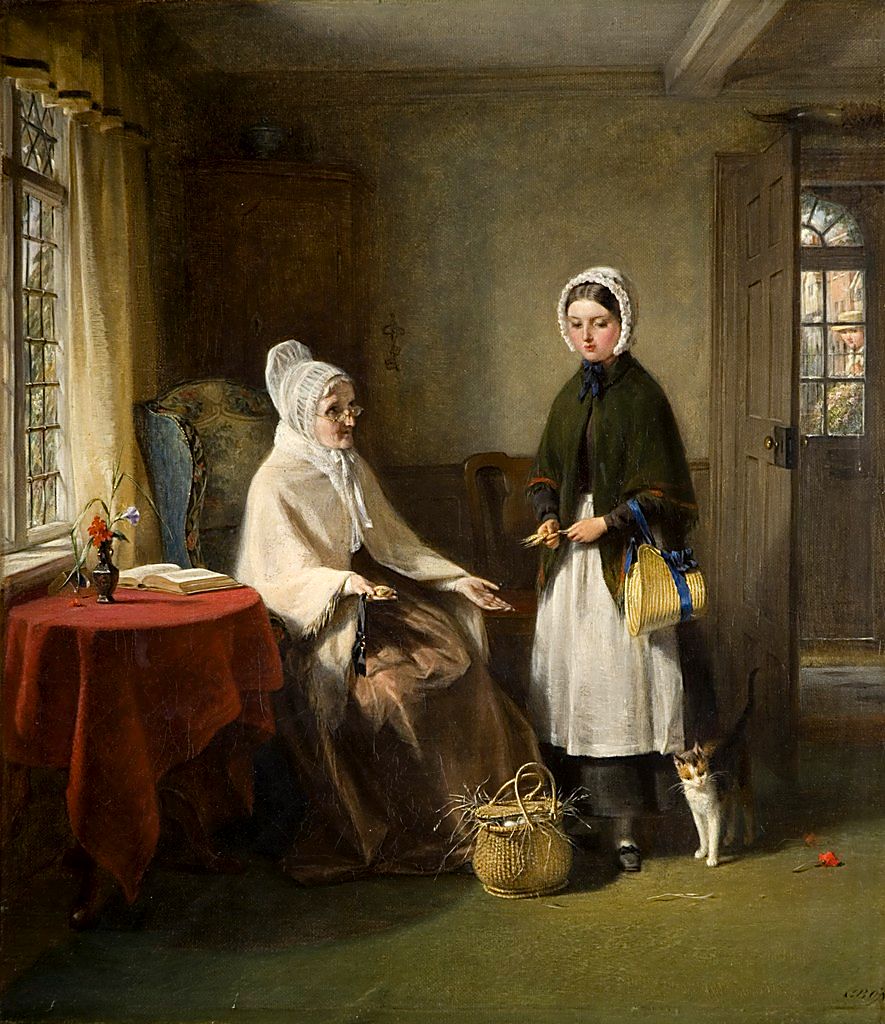A successful lawyer’s aristocratic wife is tempted to stray.
The prolific and popular Mrs. Henry Wood (born Ellen Price) (1814-1887), though she did not begin writing until middle age, published over forty novels and story collections; in this novel, which established her fame, her moralistic and sentimental proclivities can’t overcome vivid characters and a gripping plot.
“The plot is interesting, intricate and well carried out; the characters are life-like, and the writing simple and natural.” Athenaeum, October 12, 1861
“The authoress treads the ground sacred to French novels with the honest and firm step of an Englishwoman.” Examiner, October 16, 1861
“There is no wit in it, nor any powerful play of passion, nor any subtle analysis of character. It merely flows on with a good plot carefully worked out, with clear, clever sketches of ordinary people, and in a pleasant, natural style.” Saturday Review, February 15, 1862
Download this week’s novel:
v.1 https://archive.org/details/eastlynne01wood/





























